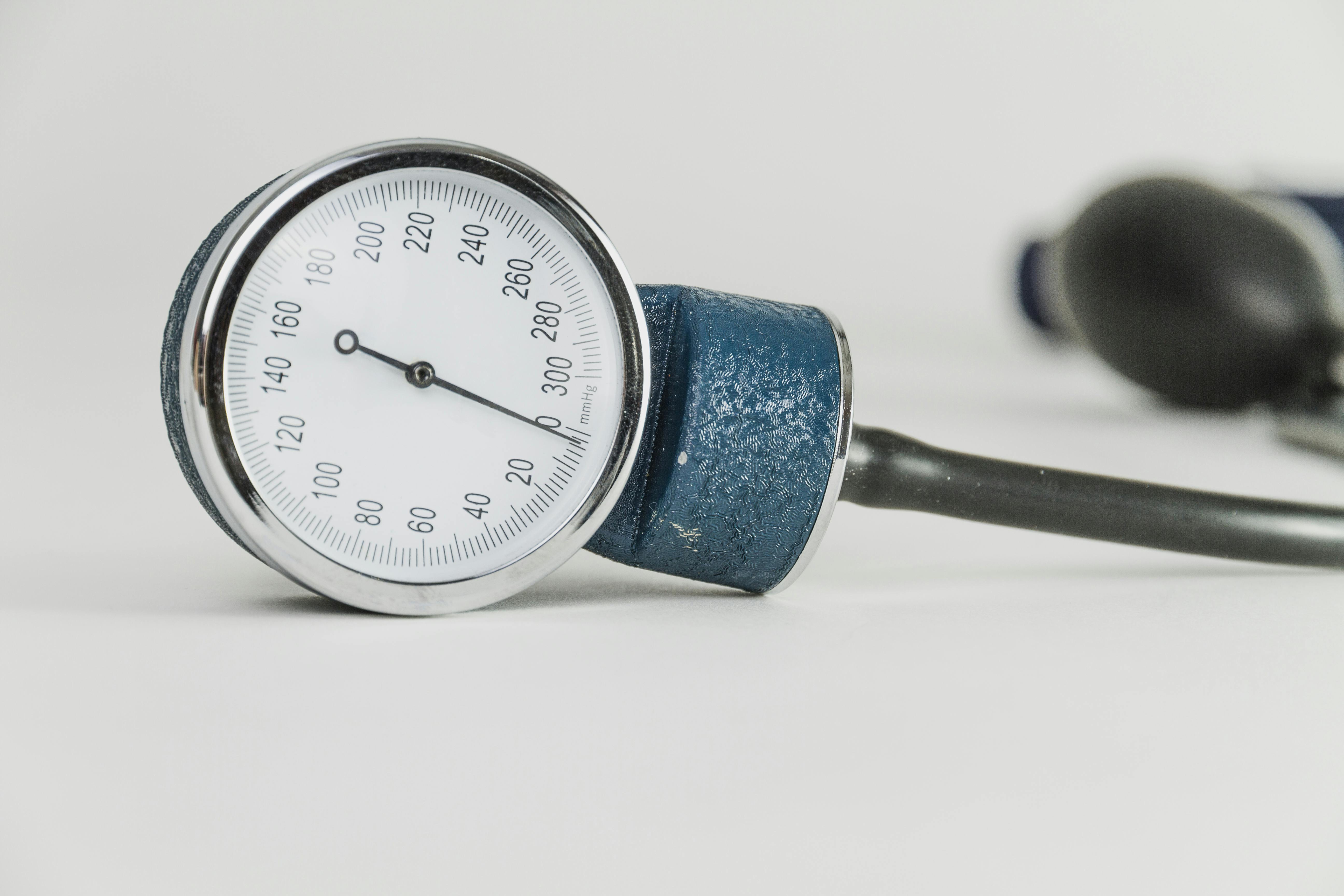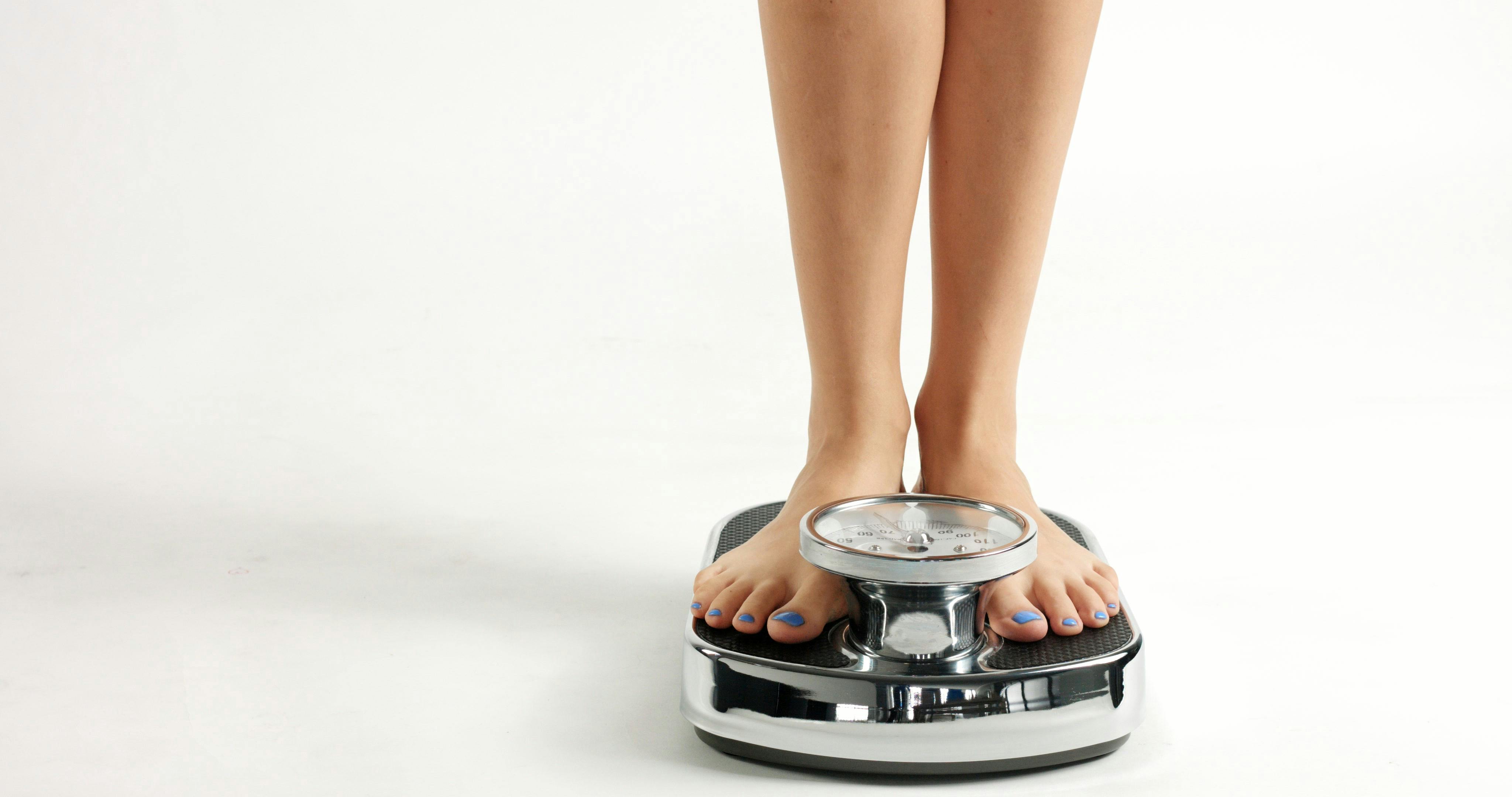- Category
- NutritionlifestyleMental Health
- DateJune 8, 2023
- AuthorMeaghan Kennedy
- Read Time15 min

I have a health condition that slows down my metabolism
I remember when the symptoms started- waking up suddenly in the middle of the night with my heart racing, my short-term memory rapidly declining, the brain fog and exhaustion, and bouts of extreme anger and depression. I attributed my symptoms to a combination of factors-a recent move to Montreal, lack of sleep, turning 30 years old, etc.
On a trip to my hometown of Winnipeg, I visited my family doctor for my yearly check-up. He informed me that I had subclinical hypothyroidism. I recall experiencing several emotions: confusion, devastation, and shock. As the middle of five children, I was always known as the "healthy" one. Since I was fifteen, I have made it a part of my daily lifestyle to work out three times weekly, avoid fast food, and incorporate as many nutritious foods as possible into my daily diet. I loved fitness so much that I opted out of working in the Criminal Justice system to become a personal trainer. I had been working as a personal trainer for three years at that point.
Confused, I asked my doctor, "How could this have happened to me?" He asked if I was experiencing more stress than usual. I reflected on the past year and a half. I had ended a four-year relationship, moved to an unfamiliar city where my job options were severely limited (due to my French-speaking abilities), and started a business where, at the time, I had limited connections and zero online presence. As I watched my savings dwindle and my debt increase, I found myself experiencing anxiety like never before. Inevitably, my stress levels manifested into physical symptoms. I was advised to follow up with my doctor again in three months and to "wait it out" before taking medication.
Three months later, I was informed by a doctor in Montreal that I had hypothyroidism and to begin taking medication. Even though I expected the news due to my worsening symptoms, I still had a small glimmer of hope to reverse it. On the bright side, my symptoms subsided once I started taking medication.

Here is a list of common symptoms that I experienced:
Depression
Anxiety
Brain fog
Exhaustion and wanting to sleep all the time
Trouble tolerating cold temperatures
Irritable/easily angered
Dry skin/thinning hair
Heavier and longer menstrual cycles
Heart palpitations
Muscle and joint weakness/stiffness
Loss of short-term memory
Trouble sleeping
Bloating (water retention)
Thin, brittle fingernails

Common Symtoms that I did not Experience:
Weight gain
Constipation
Irregular menstrual cycle
Thinning of the outside of the eyebrows
What is hypothyroidism and what does the thyroid do?
The thyroid is a butterfly-shaped gland in the neck. It regulates metabolism by producing two main hormones: T3 (triiodothyronine) and T4 (thyroxine). These two hormones affect several processes within the human body, such as our mood, body temperature, digestion, heart rate, and more. Both hormones work together to regulate and produce dopamine and adrenaline hormones.
“Without a functioning thyroid, the body could not break down proteins and process carbohydrates and vitamins. For this reason, problems with this gland can lead to uncontrollable weight gain.” (M. Abid et al., 43) Hypothyroidism is when the thyroid gland doesn’t make enough thyroid hormones to meet your body’s needs.

I have hypothyroidism, now what?
Making changes to your nutrition and lifestyle is key when managing your diagnosis and trying to reduce symptoms.

Here is a list of foods/nutrients that I added to my diet:
Iodine-rich foods include sea vegetables (Think seaweed, nori sheets, wakame, dulse, etc.) Hypothyroidism is often caused by a lack of iodine in the diet. Areas that are inland or mountainous often have iodine-deficient soil.
Foods high in selenium, such as Brazil nuts (a favorite of mine) and seafood.
Foods rich in zinc include pumpkin seeds, oysters, and hemp seeds. Zinc helps to synthesize thyroid hormones.
Foods rich in tyrosine, such as white beans, salmon, beef, and chicken. Tyrosine is an essential amino acid. When combined with iodine, it produces the thyroid hormone and helps with thyroid conversion.
Coriander seed tea I have coriander seed tea every morning with my medication. Coriander is high in vitamins A, C, and K and helps manage cholesterol. This is important, as seeing high cholesterol alongside a hypothyroidism diagnosis is common.
What I've learned
My experience taught me that appearance is not always an indicator of health. Someone can appear thin and fit yet still struggle with a health condition. My diagnosis also made me realize the importance of mental health and stress management and that stress can manifest in physical symptoms. There is a popular narrative on social media now that being self-employed or an entrepreneur is glamorous, exciting, and will result in “a lot of money.” The beginning stages can be one of the most challenging aspects of starting a business. If you don't find effective ways to manage your stress, you may end up with mental health issues that may manifest into physical symptoms/illnesses.
It is imperative to shed light on hypothyroidism, as it is widespread in North America, especially among women. I am lucky to have a doctor who pushed me to get a blood test before my symptoms were noticeable. (He knew I had a family history of hypothyroidism) Clients told me they were experiencing the symptoms listed above and that their doctors dismissed their concerns. One of my clients told me that her doctor dismissed her concerns about hypothyroidism, telling her that her symptoms were most likely due to obesity. Don’t be afraid to get a second or third opinion if you suspect hypothyroidism.
Lastly, get in for your yearly check-up, even if you are not experiencing symptoms, especially if autoimmune diseases run in the family. My Montreal doctor told me I did not experience other common symptoms like weight gain because I caught it early.

Remember
Remember to speak to a medical professional about changes to your diet and how to handle your individual diagnosis.
References
Abid, M., and Kapil Kumar Sharma. “COMPLICATION AND MANAGEMENT OF HYPOTHYROIDISM -A REVIEW.” Indian Journal of Drugs, vol. 4, no. 2348–1684, June 2016.
Enjoy our articles
These are our premium and most popular articles with the fundamental content for your knowledge.
Binge eating, a complex disorder characterized by consuming large amounts of food in a short period while feeling a loss of control, presents formidable challenges for those striving to lose weight. Despite efforts to adhere to a weight loss regimen, the compulsion to binge can sabotage progress, leading to frustration and despair. In this article, I discuss eight ways in which I overcame binge eating.
Fat loss is a journey, and it's important to know how to lose fat the right way. We all want to look good and feel great, but if you're trying to do it by starving yourself or working out for hours every day, you might be hurting your body more than helping it. In this article, I discuss six different ways you can lose weight healthily and sustainably.
Training according to your menstrual cycle has become a popular topic among social media influencers. However, when it comes to scientific studies, the evidence supporting this approach remains inconclusive. In this article, we delve into the subject of training during the menstrual cycle, examining both the claims made by influencers and the scientific research available.



